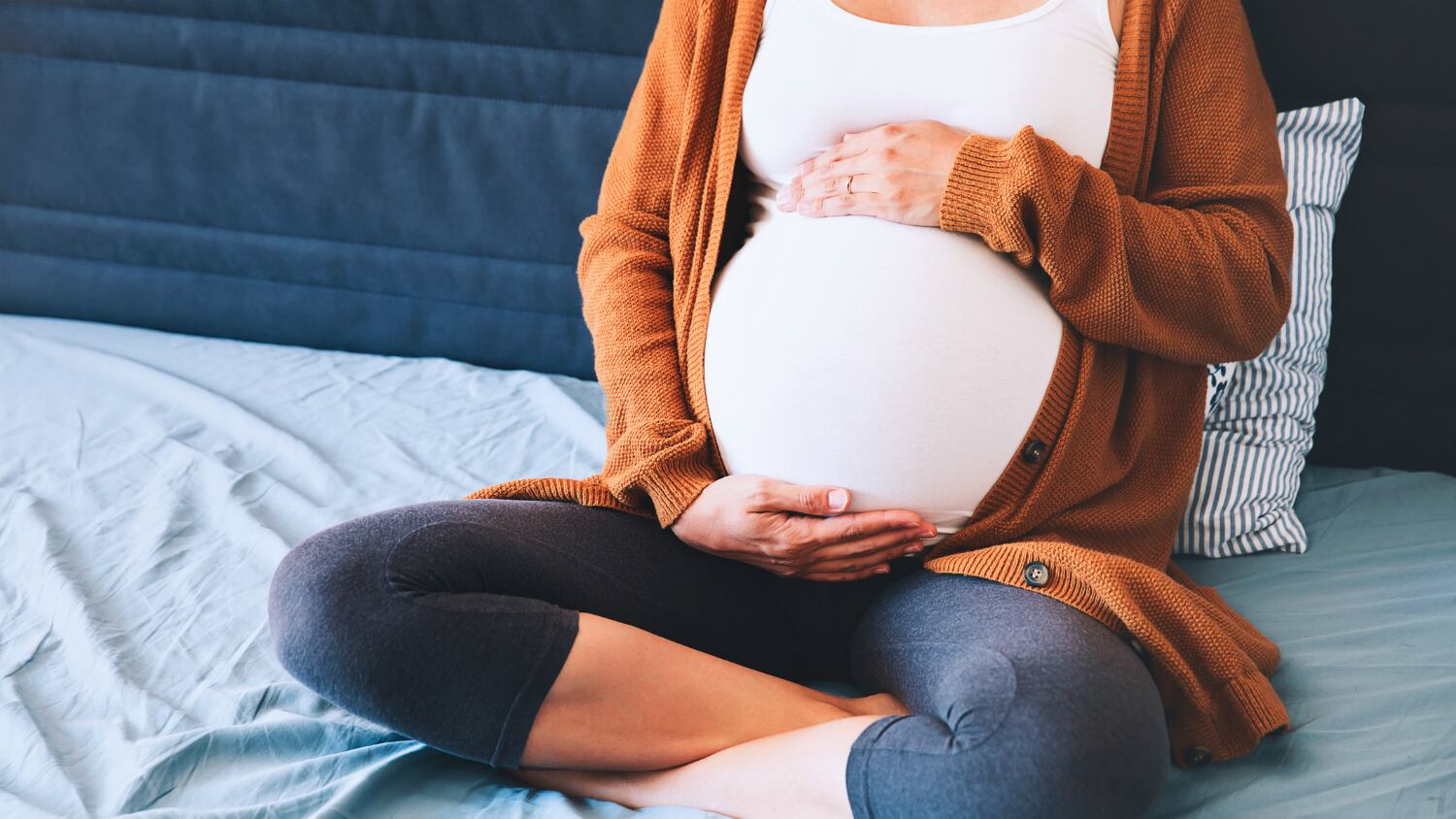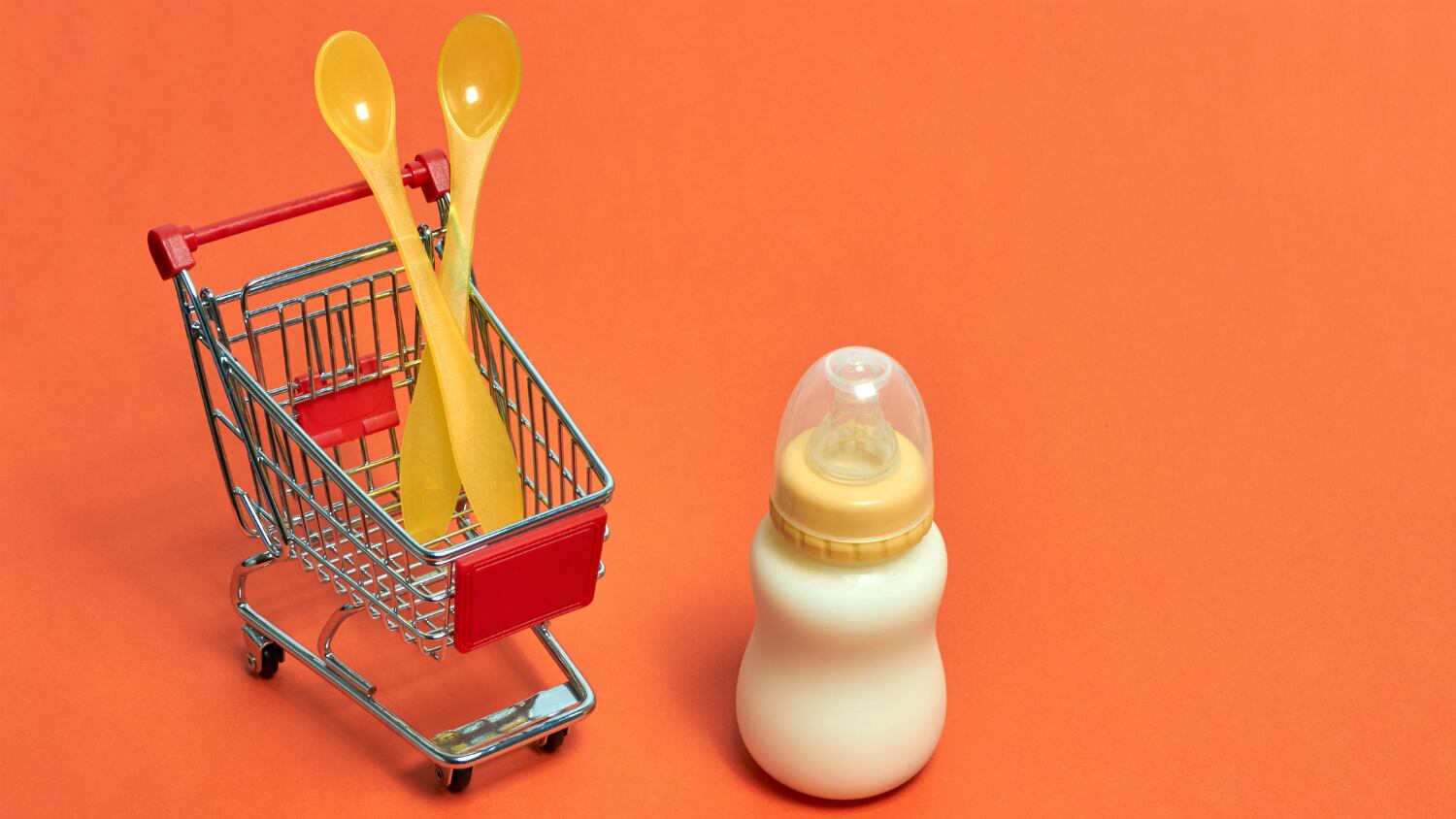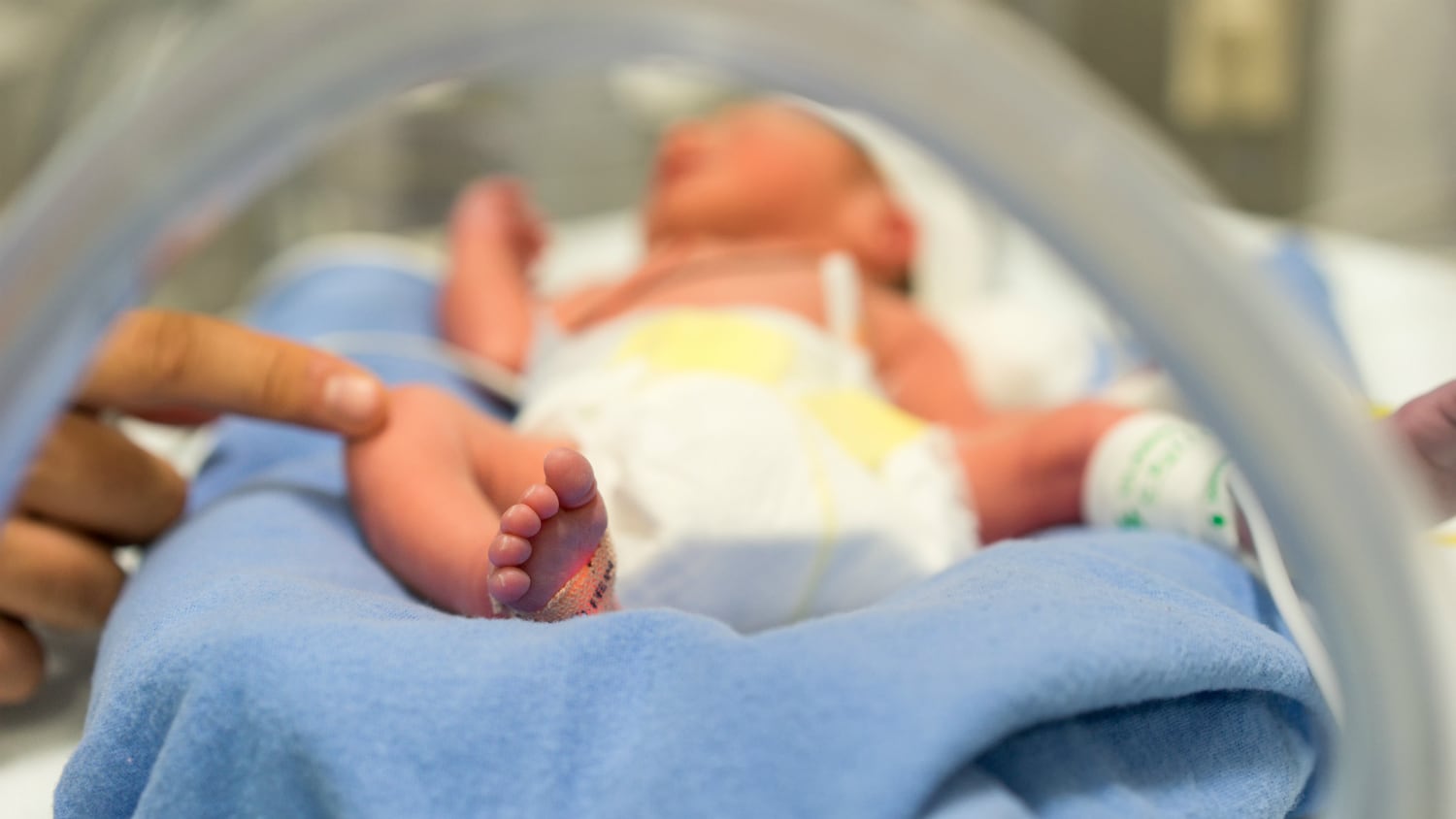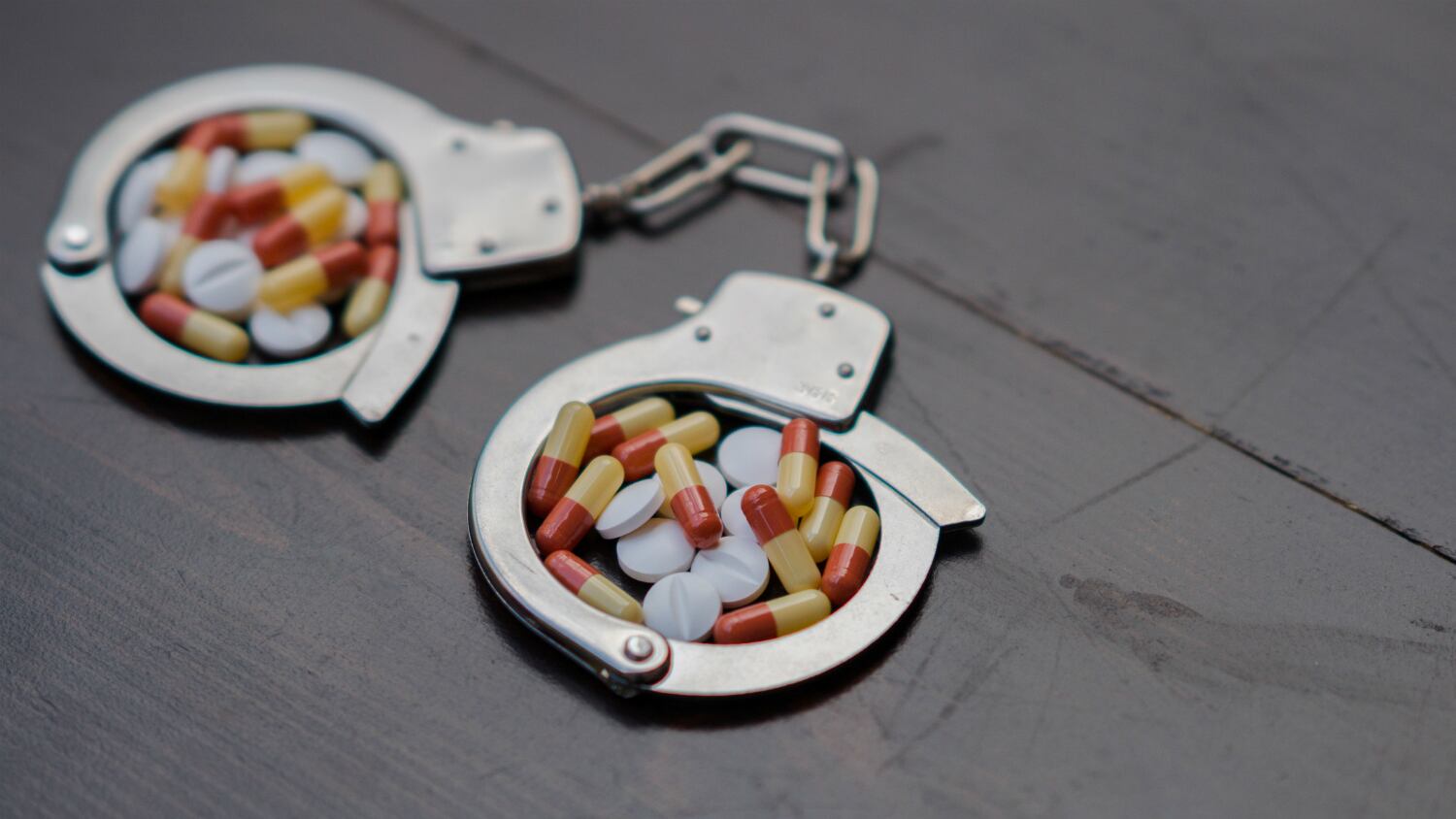Further foray: Nestlé plans more A2 milk moves after launching world's first maternal milk powder
Nestlé is furthering its foray into the A2 milk sector, having most recently launched the world's first A2 milk powder for mothers in China.
The product was launched through multi-channel sales in conjunction with e-commerce platform JD.com and renowned mother-and-baby chain Leyou, and is touted as beneficial to pregnant women's intestinal health and immune system.
Made with milk taken from purebred A2 cows identified via DNA screening, the product is imported from Switzerland, and contains folic acid, DHA and iron (among other nutrients).
TGA advises "extreme caution" after detecting cancer-causing contaminants in Chinese herbal pills
Australian regulator the Therapeutic Goods Administration (TGA) is advising "extreme caution" when purchasing health supplements online, after discovering cancer-causing contaminants in a Chinese herbal cough product.
Samples of China herbal medicine company Beijing Tong Ren Tang's bronchi-cough pills, Qiguanyan Kesou Tanchuanwan, were tested by the TGA’s laboratories for the presence of undeclared ingredients as part of a routine survey of the quality of medicines on the Australian market.
This led to the detection of two prohibited substances — aristolochic acid and amygdalin — in one of the batches and one prohibited substance (amygdalin) in another batch.
Chinese boom: How probiotics and e-commerce are changing China's supplement industry
Probiotics and e-commerce are two of the most prominent priorities for Chinese consumers when it comes to dietary supplements, according to a Mintel report on 2018's top supplement trends in China.
Research analyst Vicky Zhou said: "Parents have the intention to purchase health supplements for their children, especially probiotic supplements.
"Brands have invested in probiotic supplements to target parents and young consumers, and consumers are responding well to this innovative segment."
Domestic dominance: 98% of China's health food filing approvals go to home-grown firms
Ninety-eight percent of the approved health food filings in China over the last 18 months went to domestic firms, a Chinese regulatory consultancy has found.
A total of 1,783 health foods have obtained China's health food filing certificates in the 1.5 years from July 2017 until December last year, the report by CIRS Group said.
Only 33 went to foreign firms, while the remaining 1,750 (98%) went to Chinese domestic firms.
Strict and serious: '100-day operation' to clean up China's health food market
The Chinese authorities have started a '100-day operation' in a bid to weed out unscrupulous industry practices prevalent in the country's health food market.
The operation, which started on January 8, focuses on stopping fake advertisements, the manufacturing and selling of counterfeits, and other illegal and deceptive actions that disrupt the market order.
Spearheaded by the State Administration for Market Regulation (SAMR), the cross-department operation also involves 12 other government units, including the National Health Commission, the Ministry of Commerce, the Ministry of Culture and Tourism, and the Ministry of Public Security.




